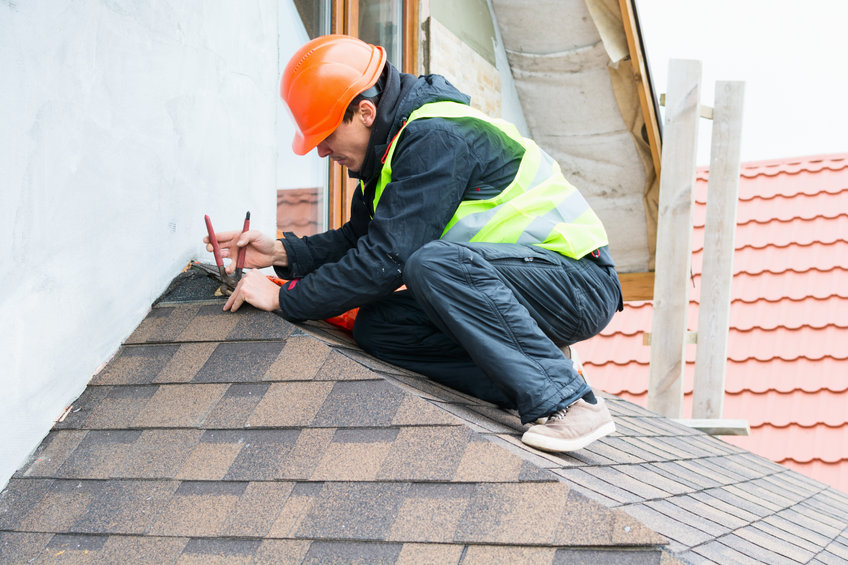It is crucial to keep in mind that the word ‘lifetime’ in warranties could carry different meanings and has certain conditions that should be met for it to be valid. This article gives an in-depth review of what a lifetime guarantee entails and how it is applied in roofing.
What is a “Lifetime” Guarantee?

A lifetime guarantee refers to a warranty that covers your roof for as long as you own your home. There are instances where it can be transferred to the next homeowner but it needs to be done promptly and properly upon discussion with the material manufacturer. A reliable contractor should be in a better position to assist you in this process. The manufacturer’s warranty aims to protect the property owner from material defects. For instance, a defective shingle may show signs of blowing off, shingles curling up, and granules blistering and falling off. If it is determined earlier that your shingles have a material defect, the manufacturer holds the liability to reimburse you by replacing your shingles.
Understanding the Basics of Lifetime Roofing Warranties
- Standard Manufacturer’s Warranties
The industry standard for most roofing shingles is the basic limited lifetime warranty that covers the owner for as long as they own their home. The degree of protection may vary based on the definition of “limited”. Most of these roofing warranties only cover the cost of defective materials. This means that you will be responsible for any labor charges required to extract and dispose of failed shingles as well as install the replacements. Some manufacturers cover the cost of defective shingle replacement for the first few years before they offer a prorated coverage going forward.
This means that the manufacturer will replace any defective shingles discovered during the initial period at no cost. It may cover the labor costs for installing the replacement shingles but may not cover the tear-off and disposal of defective shingles. They will only cover a portion of the cost for failures happening during the prorated period. Industry-wide standard manufacturer warranties will only cover factory defects.
- Contractor Workmanship Warranties
Skilled roofers who have earned a reputation usually stand behind their work with a workmanship warranty. Although most of them offer lifetime coverage, this type of warranty may vary depending on the contractor. Despite having a longer coverage period, a quality workmanship warranty is supposed to protect the owner against material failures that happen because of poor installation techniques or quality regardless of the coverage period.
Typically, the contractor’s workmanship warranties cover the labor costs and any materials required for necessary repairs. Most of them also cover related damages done to the interior of your home as well as personal effects and furnishings. However, this type of warranty excludes issues that aren’t related to their installation workmanship such as water damage caused by ice dams, high wind, storm, and impact damage, harm caused by foot traffic, and leaks triggered by wind-driven debris or falling tree limbs.
- Comprehensive/Extended Manufacturer Warranties
Trusted manufacturers who have been in the roofing industry for a very long time understand the direct connection between the long-term performance of their roofing products and the quality of installation. As a result, they offer homeowners extended warranty coverage on their new roofs. The roofs are installed by authorized and certified contractors who do this based on the manufacturer’s requirements.
Most extended warranties come with an additional cost and often require a complete roof system installation that has certain coordinating components such as; hip and ridge cap shingles, underlayment, ice and water barriers, soffit, and ridge vents, and starter and field shingles. Comprehensive extended warranties offered by leading manufacturers come with a certain range of benefits such as coverage for all roof system components, workmanship coverage, and continuous coverage for defective materials.
Once you have selected your roofing brand and contractor, it is important to check the manufacturer’s requirements for warranty registration. Most importantly, you need to understand what your lifetime warranty coverage entails as it will be useful in the future when you want to file a warranty claim. Do not hesitate to ask for clarification from your manufacturer or a professional roofer.
